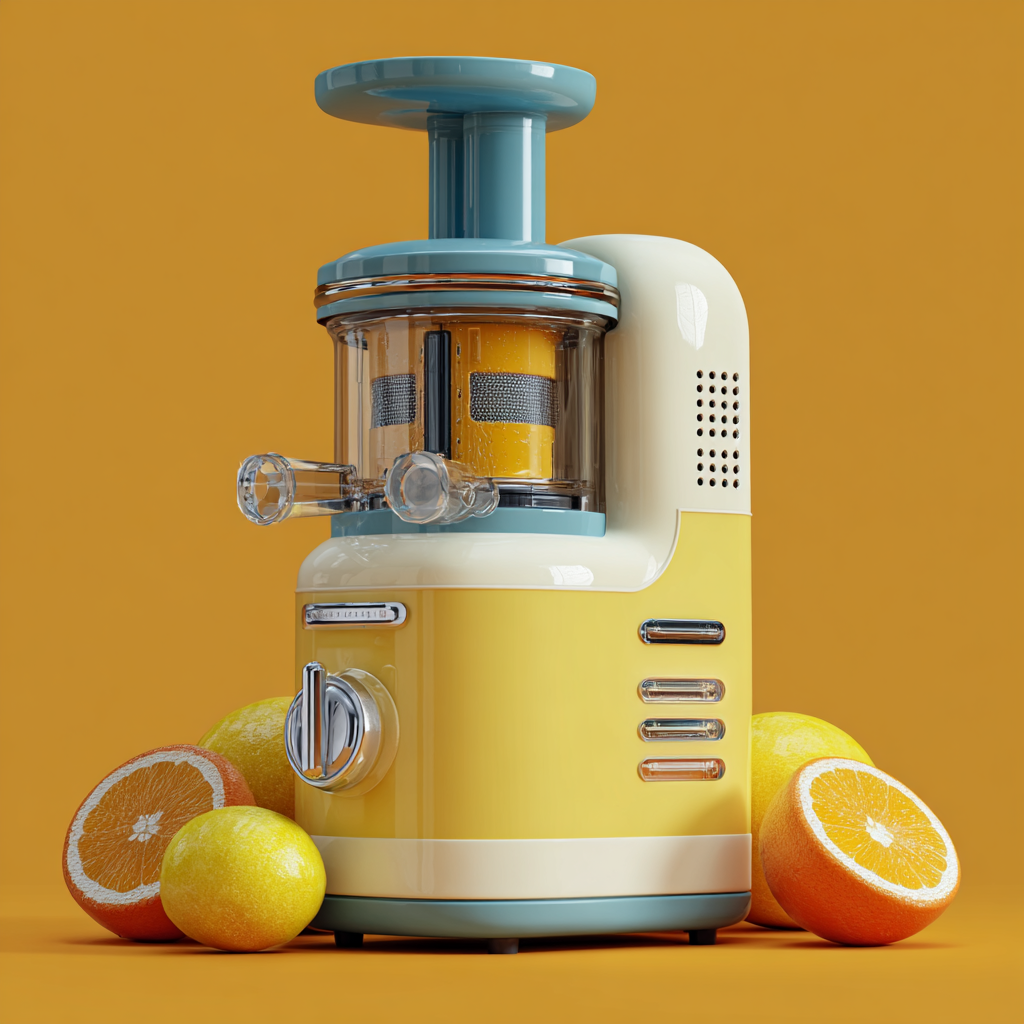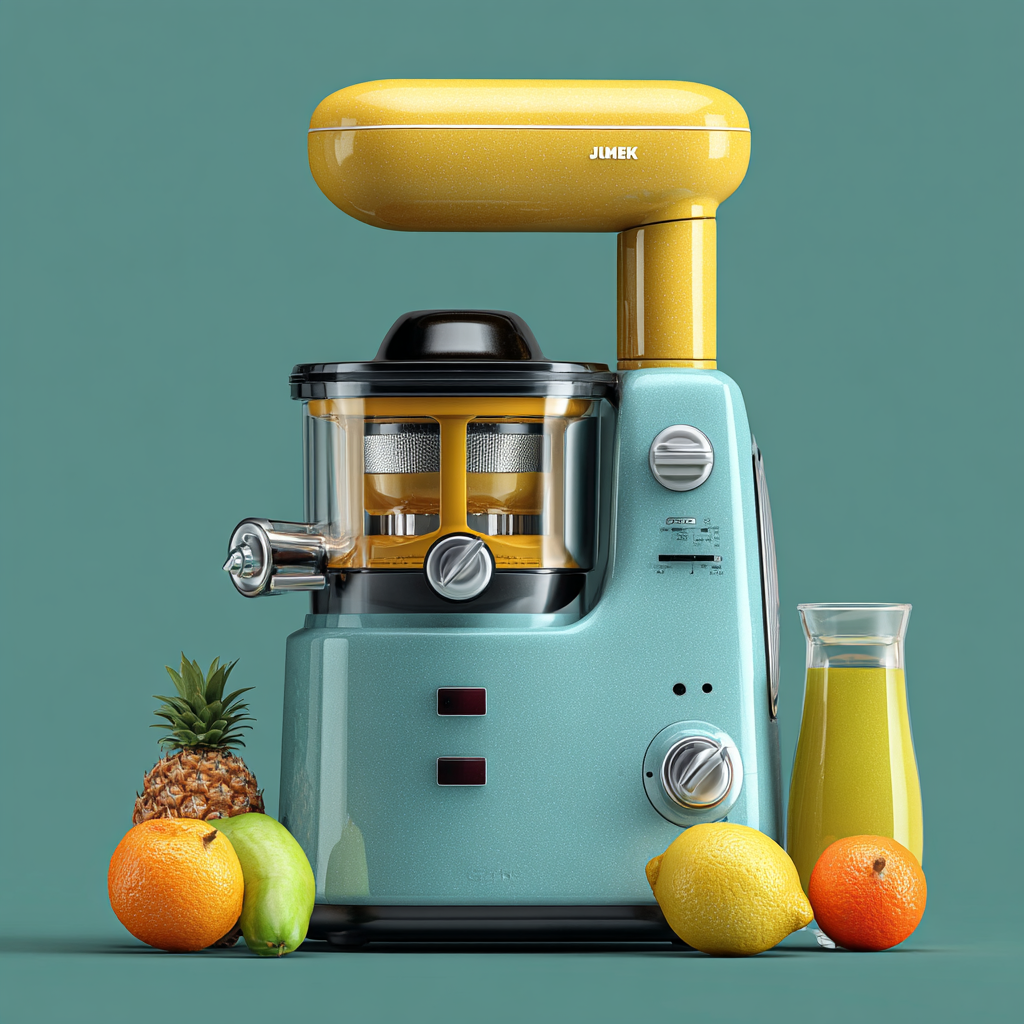Juicer Injection Molding Shell — High‑Performance, Food‑Safe Solutions by Texin
Texin is committed to providing customers with quality products and services
Texin provides complete Juicer injection molding shell solutions — from rapid prototyping to tooling and mass production. Using PC, ABS and PBT/PET+GF with precision molding, IMD/IML, gas/water‑assist and overmolding, we deliver food‑safe, heat‑resistant, low‑warp housings with MSDS, RoHS and testing support.
Classification:
Household appliance injection molding parts
Key words:
Get Quote
Introduction
The juicer injection molding shell is a critical part of any modern juicer — it must look great, resist stains and yellowing, withstand heat and repeated cleaning, and reliably hold motors, blades and seals. At Texin we design and produce juicer injection molding shell solutions that meet strict functional, aesthetic and regulatory needs — from clear juice cups and windows to textured housings and overmolded grips.

Why juicer shells demand high standards
- Food safety: Parts that contact juice or splash must use food‑compatible grades and have traceable material documentation (MSDS, food‑contact certificates).
- Appearance & durability: Consumers expect glossy or textured finishes that resist scratches and yellowing.
- Thermal & chemical resistance: Hot cleaning cycles, acids from fruit and detergents require stable materials. PC, AS or GPPS are common for transparent parts; engineering plastics (PBT/PET+GF, PC/ABS) for structural and heat‑exposed areas.
- Dimensional stability: Motor mounts, snap fits and blade housings need low warp and repeatable tolerances for safe assembly and long life.
Texin capabilities — what we bring to your juicer project
- Materials sourcing and food‑contact guidance (PC, AS, GPPS for transparent parts; ABS/high‑gloss PP for cosmetics; PBT/PET+GF, PET+GF, PC/ABS for heat/stress areas).
- Advanced molding: precision injection, IMD/IML decoration, gas/water‑assist for large sections, and overmolding (TPE/TPU) for soft grips and seals.
- Prototype to mass production: SLA/SLS/FDM prototyping, DFM reviews, tooling, pilot runs and scalable production.
- Compliance support: MSDS, RoHS/REACH declarations and assistance arranging FDA or third‑party testing when required.
- Practical design input: typical wall thickness guidance (1.5–3.0 mm for many appliance parts) and realistic assembly tolerance targets (≈±0.2 mm for common snap features).
Recommended materials (quick guide)
- Transparent juice cup / window: Polycarbonate (PC) — high clarity, impact resistance, and better heat tolerance (~130°C service) than GPPS/AS. Use UV/anti‑yellowing grades for long‑term clarity.
- Cosmetic exterior: ABS or high‑gloss PP for a polished look; ABS is paintable and suits plating/IMD finishes.
- Structural / heat‑exposed internals: PBT, PBT/PET+GF, PET+GF or PC/ABS blends for dimensional stability and resistance to steam/heat.
- Soft grips/seals: TPE or TPU overmolded onto rigid substrates (ABS, PC/ABS).
- Flame‑retardant needs: select UL94‑rated grades (V‑0/V‑2) where electrical safety requires it.
Manufacturing & finishing options that matter
- IMD/IML: durable, high‑resolution decoration that resists scratching and yellowing.
- Gas/water‑assist molding: reduces sink in thick sections and saves material in large housings.
- Overmolding: integrates ergonomic soft grips and seals in one operation.
- Secondary finishes: painting, plating or coating when specific aesthetic or touch properties are required.

Common buyer/producer questions — short, practical answers Q: Which material is best for a clear juice container?
A: Polycarbonate (PC). It gives glass‑like clarity, strong impact resistance and tolerates higher temps (~130°C) — ideal for visible, load‑bearing transparent parts.
Q: How do we avoid yellowing on clear parts?
A: Use UV‑stabilized/anti‑yellowing PC grades or IMD films with UV stabilizers; control molding and drying to avoid surface defects.
Q: What wall thickness and tolerances should I plan for?
A: Typical appliance walls are 1.5–3.0 mm; target ≈±0.2 mm for most snap features unless precision molding is specified.
Q: Can you integrate soft grips or seals?
A: Yes — we do overmolding with TPE/TPU onto ABS or PC/ABS to make comfortable, integrated grips and leak‑resistant seals.
Q: Are food‑contact and safety certificates available?
A: Texin supplies MSDS and RoHS/REACH declarations. For FDA or specific food‑contact approvals we coordinate with material suppliers or third‑party labs to provide certificates/tests as required.
Q: How to reduce weight and cost without hurting strength?
A: Gas/water‑assist molding and optimized ribbing allow thinner sections with reduced material use while maintaining stiffness.
Q: Do you support prototyping before tooling?
A: Yes — SLA/SLS/FDM prototypes for fit, form and appearance checks, followed by DFM and tooling.

Summary
A reliable juicer injection molding shell combines food safety, durability, aesthetics and precise assembly. Texin blends material know‑how (PC for clear parts, ABS/PP for cosmetics, PBT/PET+GF for internals), advanced molding technologies (precision injection, IMD/IML, gas/water‑assist, overmolding) and compliance support to deliver production‑ready Juicer injection molding shell solutions from prototype to mass production.
Ready to discuss your Juicer injection molding shell project? Contact Texin for material guidance, DFM review and a fast prototype‑to‑production plan.
● Many years of mold design, development and manufacturing experience
● Pursue excellence and cast high quality
● High quality, high efficiency and high precision
● Take the initiative to provide timely, fast and dynamic customer service








A simple 3-step process for quickly obtaining a commercial offer
Step 1: Leave your details and our technical specialists will contact you within 24 hours.
Step 2: Confirm the materials for the production process and technical specifications.
Step 3: Get the commercial offer and the lead time.

